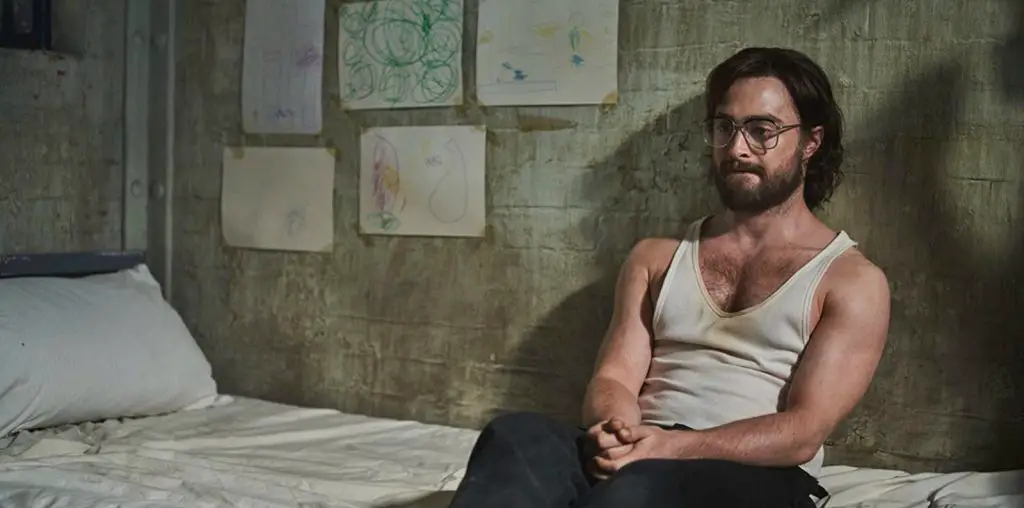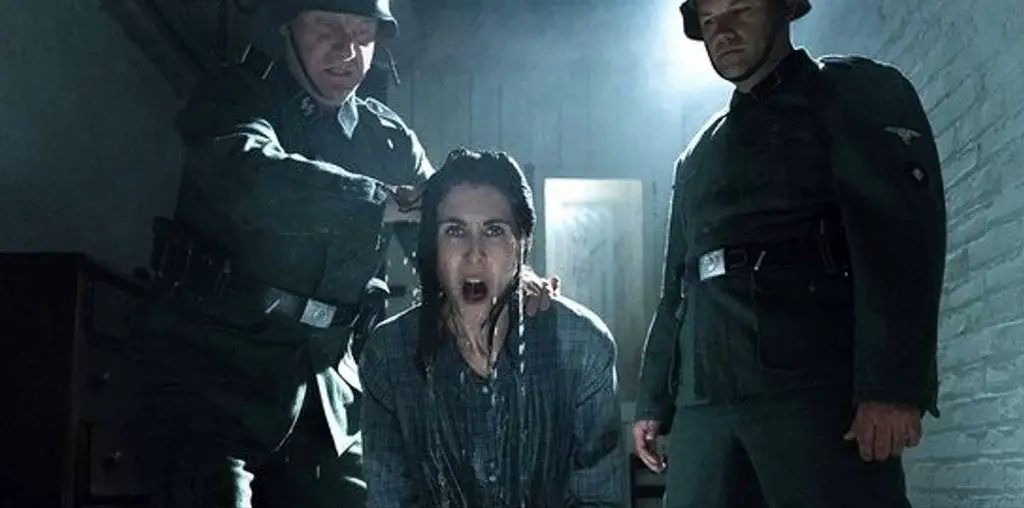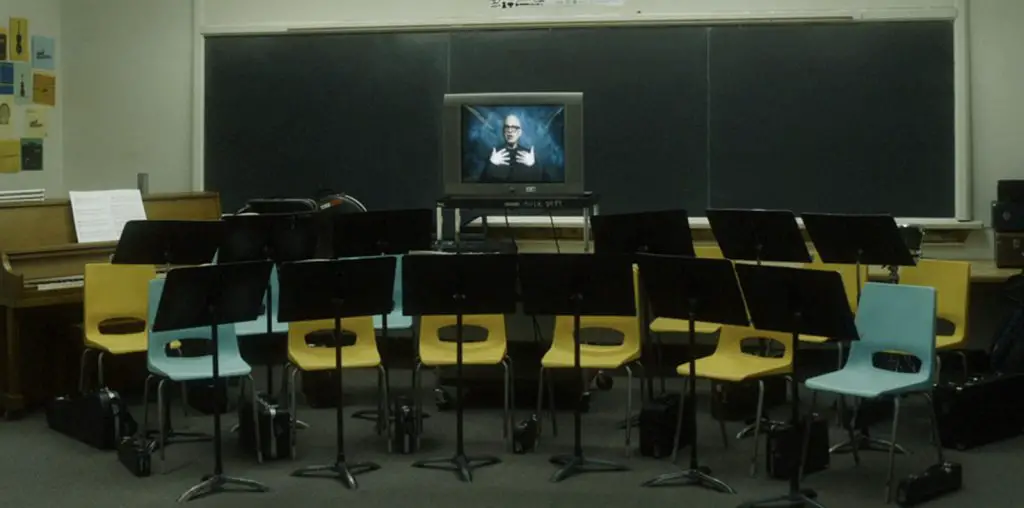
The through-line of the doc are the events leading up to Risa’s 100th birthday. There’s a little drama as to whether the celebration will actually happen, i.e., will Risa live that long. Along the way, we hear about one tragedy after the other in Risa’s life. The worst was the death of her two adult children. She was not always the easiest person to get along with as a video interview with her daughter, Ruth will attest to this fact. Having escaped the Nazis, Risa became severely overprotective of Ruth, and her brother David. Ruth felt the pain of her mother, and the constant stress and worry would ultimately take its toll on Ruth.
As bad as life got, Risa took everything in stride. She says, “Hardships are your gifts when you know how to use them.” As an older person, she continues to sing and dance. Evelyne would also bring up how Risa continues to be a sexual creature, taking on a younger lover, and using her son’s gift of a body massager and turning it into a vibrator.
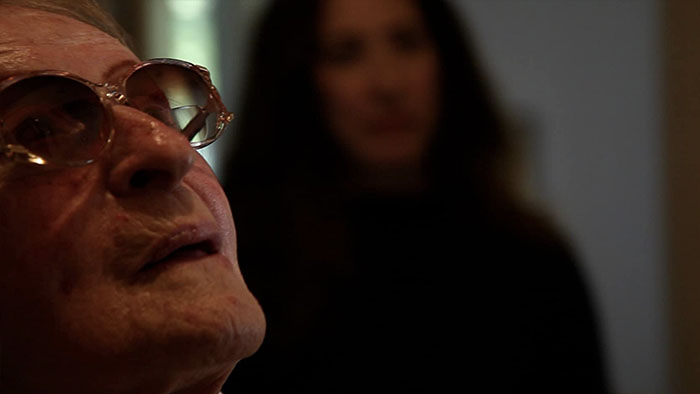
“…could our attitude and outlook on life have a beneficial effect on how we live that life…”
In times like this, Risa’s story is sorely needed. We focus too much on the negative and never dig through the life’s sh!t and find for the positive. Clearly, it’s the positive outlook that’s brought her to the 100-year mark in life.
As a documentary, I found The Stand Up Doll incredibly fascinating. Often, when watching documentaries about people I don’t know, I ask, “Why would anyone waste time putting a film together at this person?” Director Evelyne Tollman-Werzowa does a stellar job convincing audiences that Risa’s story is worth watching. And it is.
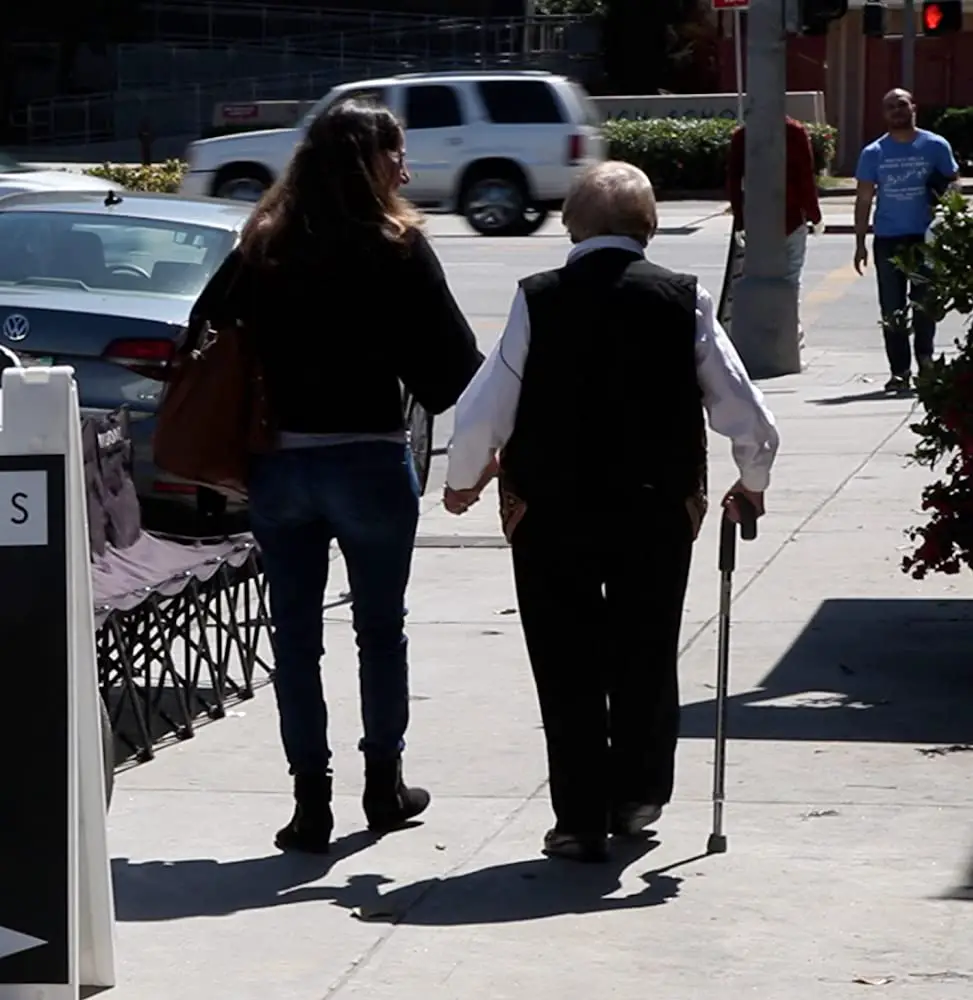
"…a stellar job convincing audiences that Risa’s story is worth watching..."
